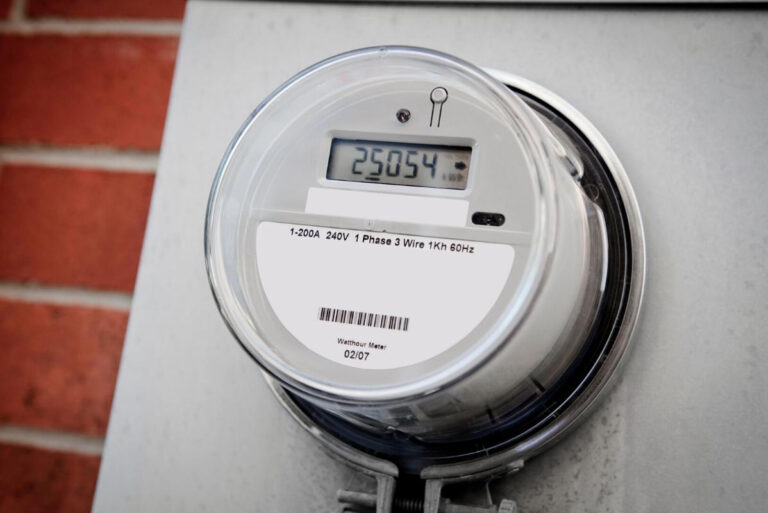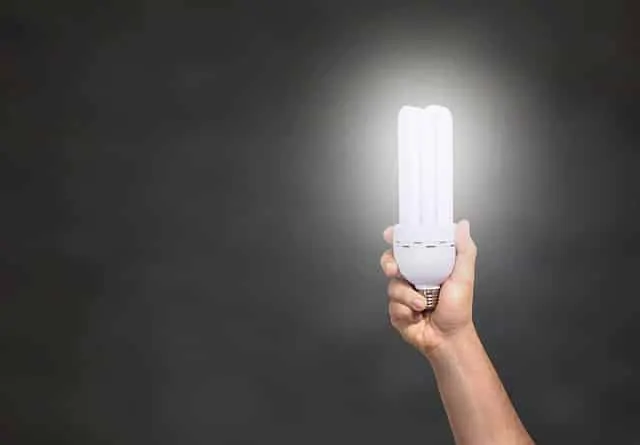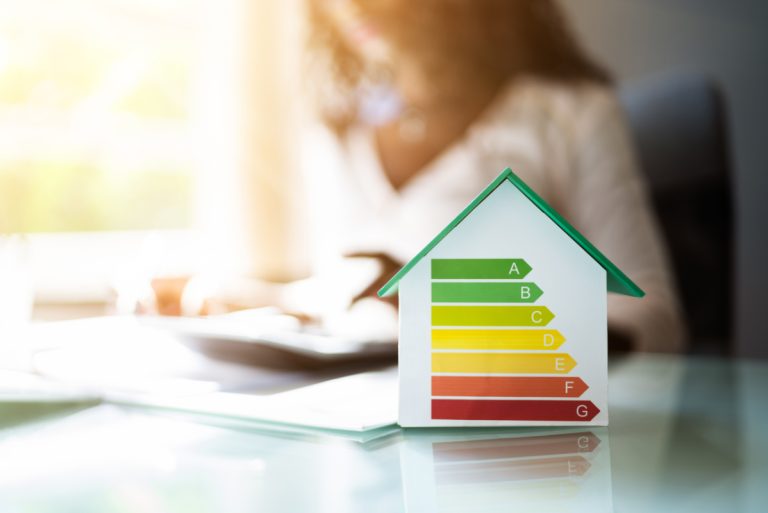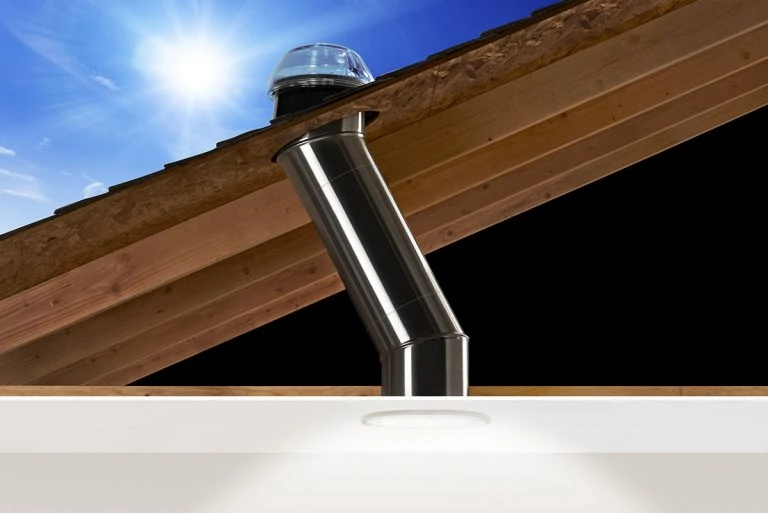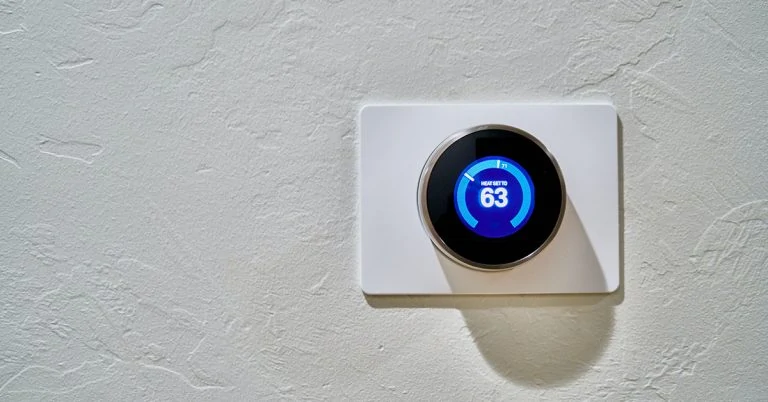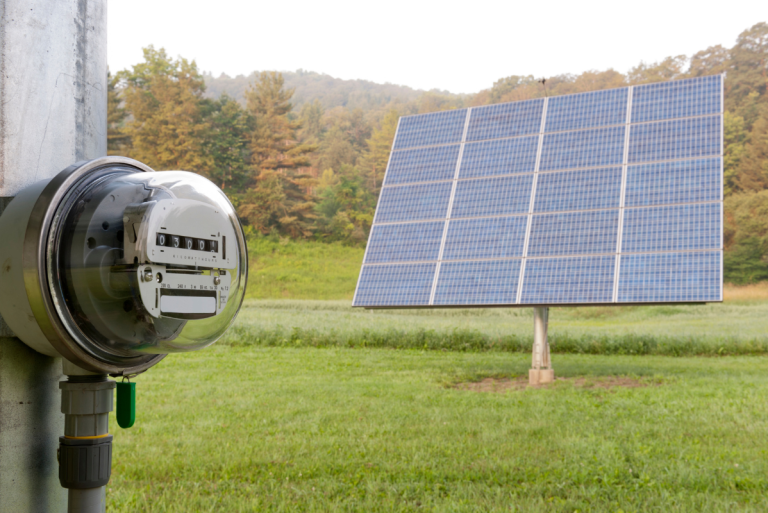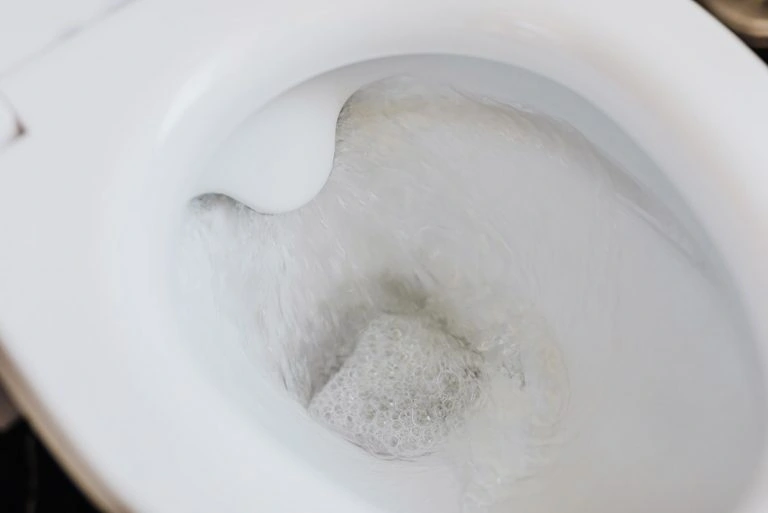Smart meters are a new utility metering technology that offers real-time automated meter readings for extensive energy consumption monitoring. Many countries are upgrading their energy infrastructure by rolling out smart meters to replace conventional utility meters that have to be read by a person.
In this article, we explain what smart meters are, their key features, and the advantages and disadvantages of these devices for consumers.
What is a smart meter, and what does it do?
Smart meters are electronic devices that can measure, record, and wirelessly transfer utility consumption data in real-time. These devices are hard-wired into the utility connections of residential and commercial premises where they can monitor electricity, gas, or dual fuels supplies.

Data points that include electricity consumption, voltage levels, power factor, and current can be transmitted to utility providers who use the information for accurate billing.
The detail and frequency of monitoring by a smart meter help both the utility company and consumer understand consumption patterns and behavior and may provide insights that can help cut bills.
The technology used by smart meters is known as advanced metering infrastructure (AMI). Unlike the automatic meter reading (AMR) used by conventional utility meters, smart meters are capable of bidirectional communication between the meter and the supplier.
Why are smart meters used?
Smart meters are being installed to improve the service provided to consumers by utility companies. Utility companies have better oversight of their customers’ energy consumption and can support them in controlling and optimizing their usage.
In short, the smart meter is at the heart of the transformation of the electricity grid into an intelligent grid. The data collected from these devices enable using other digital technologies, such as edge computing, cloud computing, artificial intelligence, and big data, for network operation and exploitation, improving the customer experience.
Smart meters are also important because the electricity grid is transitioning to a smart grid. The data collected from individual smart meters is pooled to provide intelligence on the status of the electrical grid.
The history of the smart meter
Smart meters use Internet of Things (IoT) technology and have been developed in line with advances in remote system monitoring and telecommunications. In the 1970s, Theodore Paraskevakos, an electronic engineer at Boeing in Alabama developed a novel sensor-based monitoring system that could send data digitally for a variety of alarm systems.
Paraskevakos patented and launched the first smart meter called Metretek using an IBM series one mini-computer and similar technology to the Caller ID automatic telephone line identification system for data transfer.
Later smart meter design used wireless technology with utility companies developing international networking standards specifically for utility metering.
Growth in smart meter adoption
In the US and Europe, smart meter installation began in 2000. By 2012, the global smart meter market had exceeded $7 billion, with the US having over 86 million smart meters installed on-premises in 2018.

(in million units)
Source: Statista
Smart meter adoption has continued to increase in the US, though higher installation costs (compared to conventional meters) have tempered growth. However, federal investment in upgrading the existing utility infrastructure to a smart grid means the US is expected to be the country with the fastest rate of smart meter uptake mid-decade.
What makes a smart meter ‘smart’?
The term ‘smart’ refers to these next-generation utility meters’ sophistication and wireless connectivity. This sets them apart from the original analog and later digital utility meters that simply recorded the total energy consumption accumulated. The key features of smart meters include the following:
1. Real-time or near real-time data capture
Smart electricity meters collect supply and consumption data at 10-second intervals, and smart gas meters collect their data every 30 minutes. Gas meters collect their data less frequently because they are battery-powered and use low-energy wireless networking protocols that conserve energy by transmitting data less often.
Collected utility data is transmitted to the communication hub over the Home Area Network (HAN) or Intimate Communications Hub Interface (IHD). From the communication hub it is sent to the supplier. Collated data from smart meters is published to the consumer once per day, usually in the morning.

2. Power outage notification
Smart meters can immediately send an automatic notification called a Power Outage Notification (PON) when there is a power outage. The smart meter transmits a second notification called a Power Restoration Notification (PRN) when the power is restored.
This notification system’s reliability depends on how well the smart meter and existing operational technology on the local grid are integrated. Because the power outage notification technology does not always work perfectly, utility companies still encourage their customers to call if they suffer a power cut.
3. Supply quality monitoring
Domestic and commercial smart meters are capable of recording supply quality events. These data entries monitor the status of the electricity grid and help utility companies to track grid performance in real time.
The data can be used to show regions that are affected by supply interruptions and voltage insufficiency so power companies can act to repair faults and improve supply.
4. A power-limiting circuit breaker
Smart meats do carry a power-limiting circuit breaker, so that one does not have to be installed in the customer’s electrical panel. The presence of a power-limiting circuit breaker enables the electricity supply to be limited in certain circumstances and also protects customers from harm if they attempt to bypass the meter.
5. A complex telecommunications interface
Smart meters contain the electronic and radio communication circuitry necessary for bidirectional data exchange between the smart meter and the supplier.
This connectivity enables the supplier to receive its remote readings and also remotely control the smart meter by sending new tariff and contract data, configuring the meter, and operating its internal switch.

Source: Dwight Burdette
6. The ability to capture and send data for multiple energy registers, tariffs, and contracts
Depending on the specific specifications of a smart meter, these devices can record energy consumption at multiple tariffs and manage several contracts simultaneously.
This enables energy usage to be billed according to a variety of tariffs and contracts and tariff settings to be changed in real time so that customers benefit from the most competitive pricing.
Smart meters can also record consumption from Distributed Energy Resources (DER) such as customer-owned solar or wind energy inputs. This enables customers to immediately and accurately benefit from their own renewable energy generation, with a more accurate measurement of any surplus sent to the grid.
Do smart meters really help you save energy?
Smart meters are marketed to consumers as a high-tech solution for saving money on energy bills. Consumers see them as just another smart home accessory, using Wi-Fi-like technology to keep utility bills accurate.
Utility companies suggest that if customers know their energy consumption, they can alter their usage amount or timing to save money.
US studies have shown that customers can change their electricity usage if they have a price spike during periods of peak energy demand. But British investigations of consumer behavior have found that even when knowing the details of their energy usage, few consumers make meaningful changes. Cost savings from smart meter usage are typically only a few cents per week.
In addition, governments have found themselves stung by the high costs of rolling out smart meter programs, which, in some countries, are hundreds of millions of dollars over budget and significantly delayed, leaving the desired smart grid coverage incomplete.
What are the benefits of using a smart meter?
The smart grid and smart meters are a massive infrastructural upgrade for utility providers, but what are the bottom-line benefits to consumers? Here are five key benefits of using a smart meter:
1. Smart meters do not require manual meter readings
A smart meter wirelessly transmits its automated meter readings to the utility company. This means that the company doesn’t have to send a representative over to your property to read the meter or rely on you to do the job yourself. Convenience is a strong selling point to many consumers.

2. No need for estimated utility meter readings
Smart meters monitor power consumption in real-time. This means that the meter keeps a contemporaneous record of energy that has actually been used. Utility companies can provide accurate bills, preventing the inconvenience and unexpected expense of over or under-estimated bills.
3. Smart meters can help customers track their spending
Smart meters provide customers with greater visibility of their energy consumption and expected expenditure. Most utility companies provide an app or dashboard that presents customers with a summary of their usage along with insights for reducing expenditure.

4. Some utility companies offer special tariffs or incentives for installing a smart meter
Smart meter technology can track energy consumption in real time, making it possible for utility companies to offer competitive tariffs based on peak and off-peak energy consumption. Companies also offer one-off discounts or special tariffs for smart meter users, reflecting the advantage they gain from automated remote monitoring.
Are there any downsides to getting a smart meter?
Smart meters are part of a big transition in the energy sector. Their use is controversial, with some consumer groups concerned smart meters are an invasive form of technology that may lead to higher energy costs and fewer choices for customers. Here are some downsides of smart meters:
1. Smart meters aren’t always accurate
Utility companies and consumers presume that smart meters will improve the accuracy of billing, but the sensor-based technology, which has not previously been used at scale, is not infallible.
In 2011, the Pacific Gas and Electric Company acknowledged that over 1600 of its smart meters would malfunction and record phantom power consumption when overheated.
2. Smart meters are extremely sensitive
Smart meters are hard-wired into the electricity supply and bill for the power they use. They also measure energy consumption in a different way to older meters, monitoring the entire sine wave of AC power and not just the impedance or ‘push’ part of the wave that a mechanical meter monitors. This leads to higher readings.
Some smart meter users have found that a smart meter continues to transmit usage data even if they switch off all electrical loads. In this situation, customers may have to document historical and current meter readings to show the utility company that there is a problem.

3. Switching providers may introduce incompatibilities
Utility companies use different smart meter manufacturers, with varying tariffs and timings, and networking protocols for customer billing.
If a customer decides to switch energy providers, there may be difficulties in using their smart meter with the reporting protocols and tariffs of a new company.
4. There are data protection and security concerns
Smart meters intimately monitor real-time energy consumption in a household, transferring large amounts of personal data to centralized networks where it can be used for a variety of purposes, with or without the consent of users.
The wireless networking technologies used by these meters to transfer data are vulnerable to incidental or deliberate electromagnetic interference or even hacking by malicious agents, which would not be possible with an analog meter.
5. Smart meters can be remotely controlled
Utility companies can remotely program and control smart meters. This introduces scope for more complex billing arrangements that may be based on real-time fluctuations in demand. Utility companies may change tariffs or other programmable parameters without the customer’s awareness or consent.
6. You don’t actually need a smart meter to monitor your electricity consumption
Customers who are considering upgrading to a smart meter to help save on energy consumption and cost, can just as easily monitor their electricity use using a usage monitor.
Usage monitors aren’t connected to your meter but show you your energy usage. Customers can get usage monitors from their utility company.
7. You may have to pay a monthly fee for your smart meter
In many countries, utility companies are recovering the costs of the smart meter roll out from customers with a monthly surcharge. Customers pay for the energy the smart meter uses and new service charges, contributing to an uplift in bills. In many states, utility companies also charge a monthly fee to customers who want to opt out of a smart meter.
In conclusion
Smart meters are certainly a technological upgrade from conventional analog meters. The smart meter rollout is an integral part of plans to upgrade the electricity grid in many countries and may show some benefit in helping consumers optimize their energy usage.
However, there are concerns about the level of control and transparency available to customers, especially as smart meters relay energy consumption in real time and may use novel tariffs. Smart meters are not compulsory, so customers should carefully consider if it is worth welcoming a smart meter into their home.
